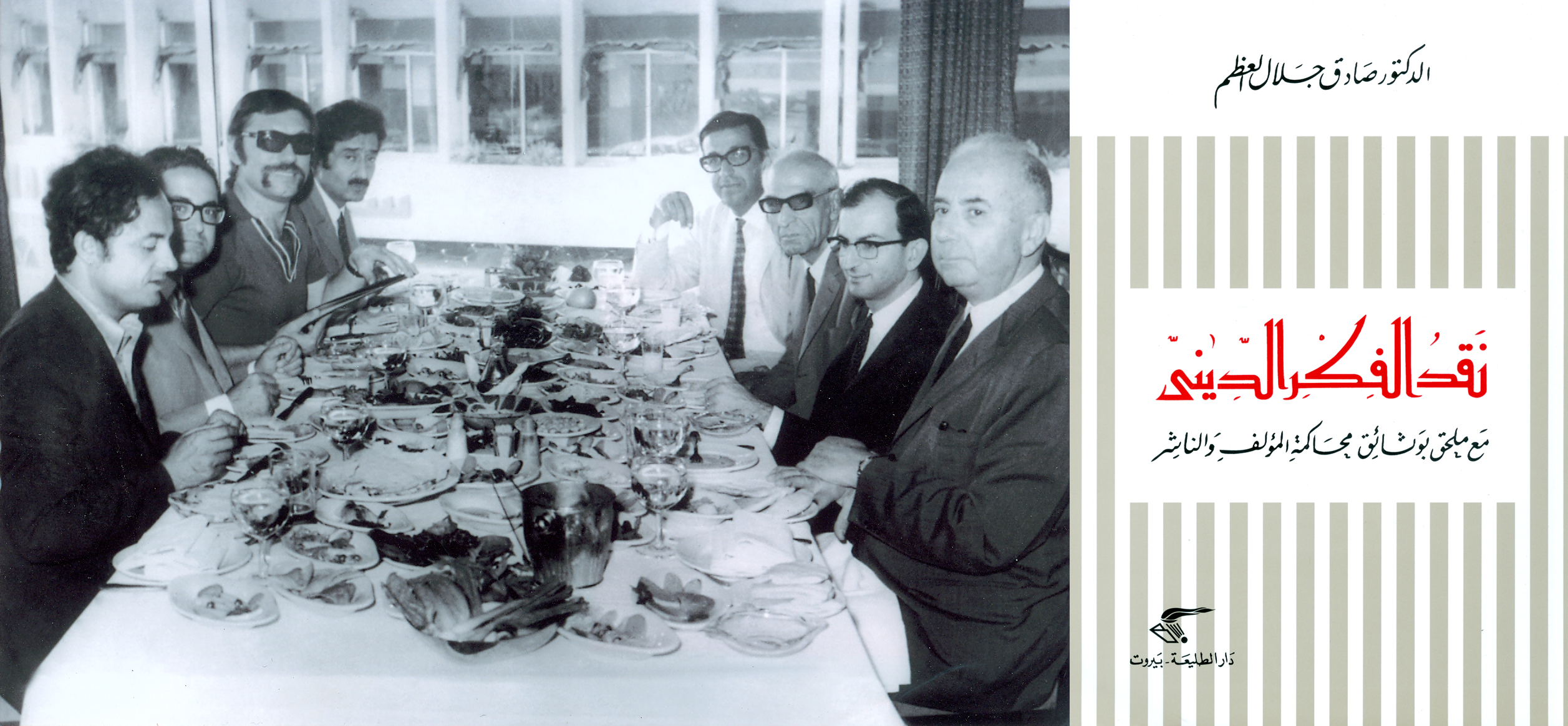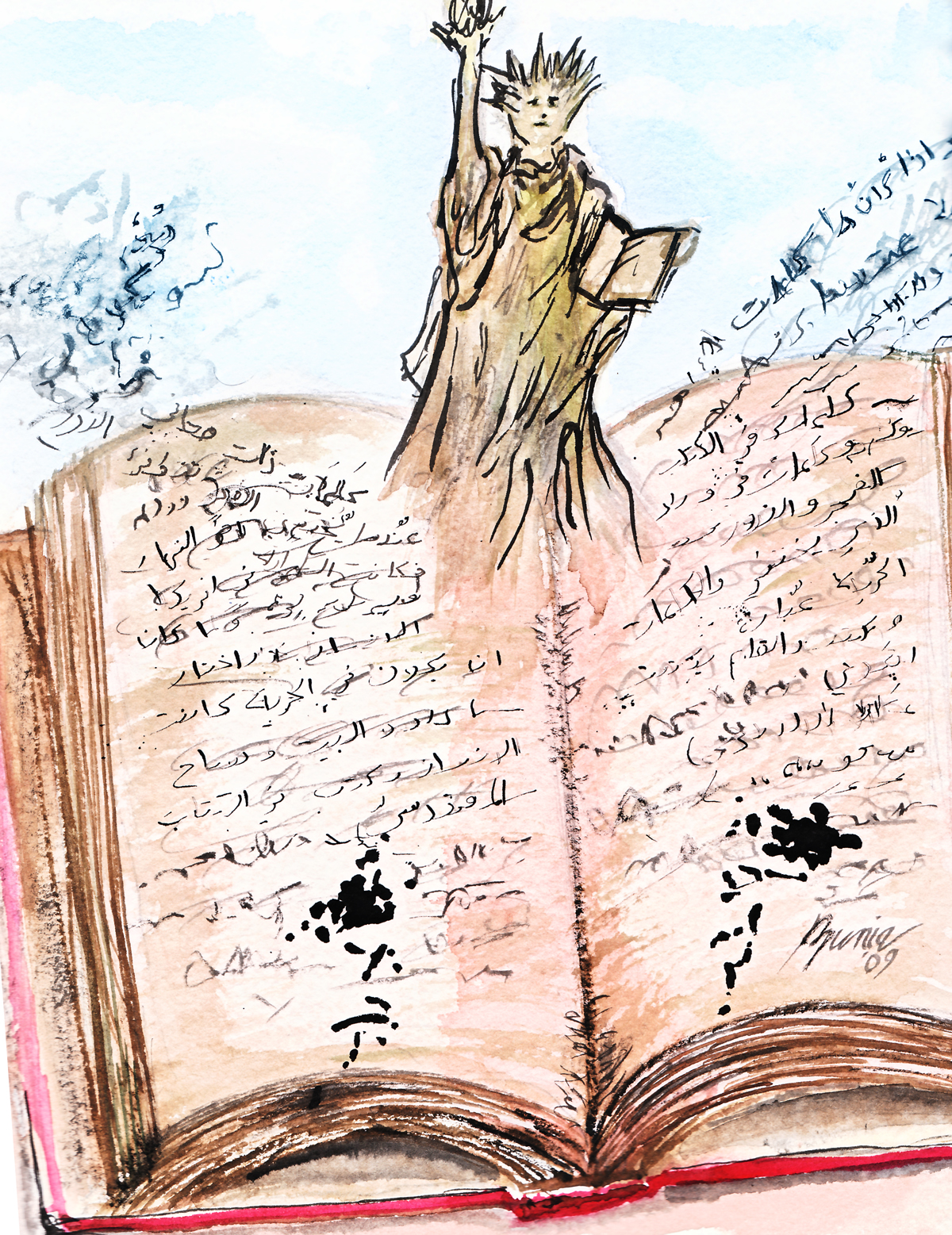Essays and Features
The Decline of Lebanese Press? A Story of Politics, Corruption, Nepotism and Sectarianism
Terror in Istanbul, Discord in Beirut – When are the Innocent Guilty?
40 Year-Old Classic Remains Influential: Sadiq Jalal al-Azm’s ‘The Critique of Religious Thought'
Remembering Latifa al-Zayyat
'In Between the Lines': When 'Nation' Becomes a Weapon!
The Predicament of Arab Christians Before and After the Rise of the Islamic State
The Arab Novel and Mr. Nobel: Challenges in Genre and Translation
The Politics of Getting Published: The Continuing Struggle of Arab-American Writers
Syrian Refugee Drama Troupe Seeks to Heal Traumas
It is no accident that the "Love Boat" theatrical sea journey ends in Shakespeare's "King Lear," as more and more Syrians die either under assault from Assad and Russian bombs or by drowning, desperately taking to the seas in hopes of escaping genocidal policies.










